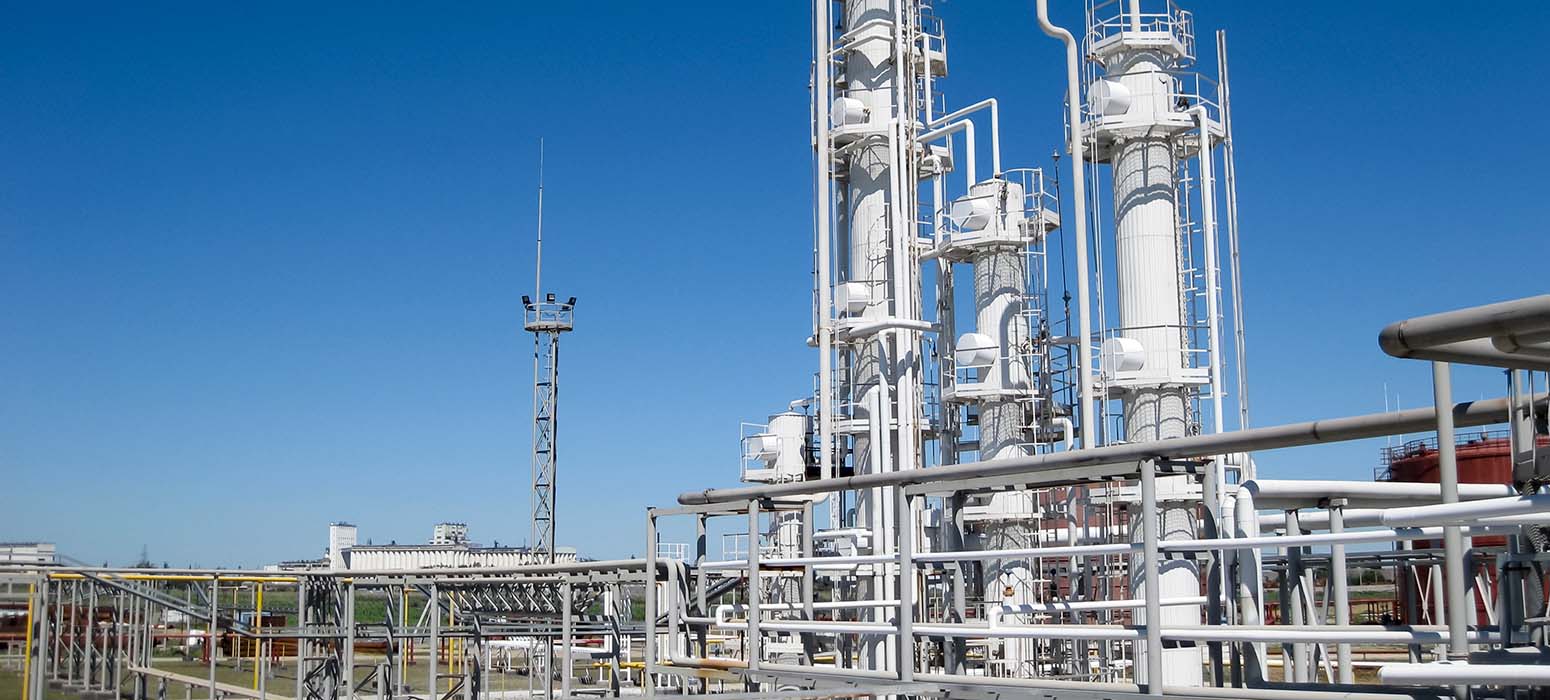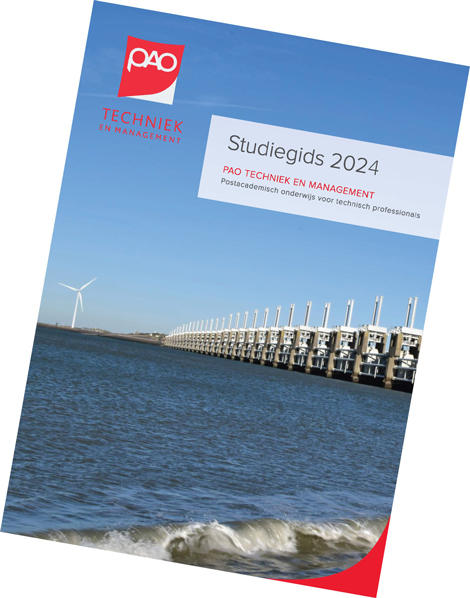Ons cursusaanbod
Ontwikkel je expertise en vaardigheden in techniek en management bij PAOTM. Dé postacademische opleider voor technisch professionals die op zoek zijn naar de nieuwste kennis en kunde. Kies uit ruim 150 cursussen en opleidingen in 12 vakgebieden.

Schrijf je in voor de nieuwsbrief
In onze nieuwsbrief informeren we je maandelijks per e-mail over cursussen, opleidingen, nieuws en ontwikkelingen in de verschillende vakgebieden van PAOTM. Kies daarbij zelf over welke onderwerpen je informatie wilt ontvangen!
Download de studiegids
In de studiegids staan, naast het cursusaanbod, ook de thema’s die we komend jaar verder gaan ontwikkelen. Wil je een compleet overzicht van onze cursussen en opleidingen in jouw vakgebied(en)? Vraag de Studiegids aan en ontvang hem digitaal.








